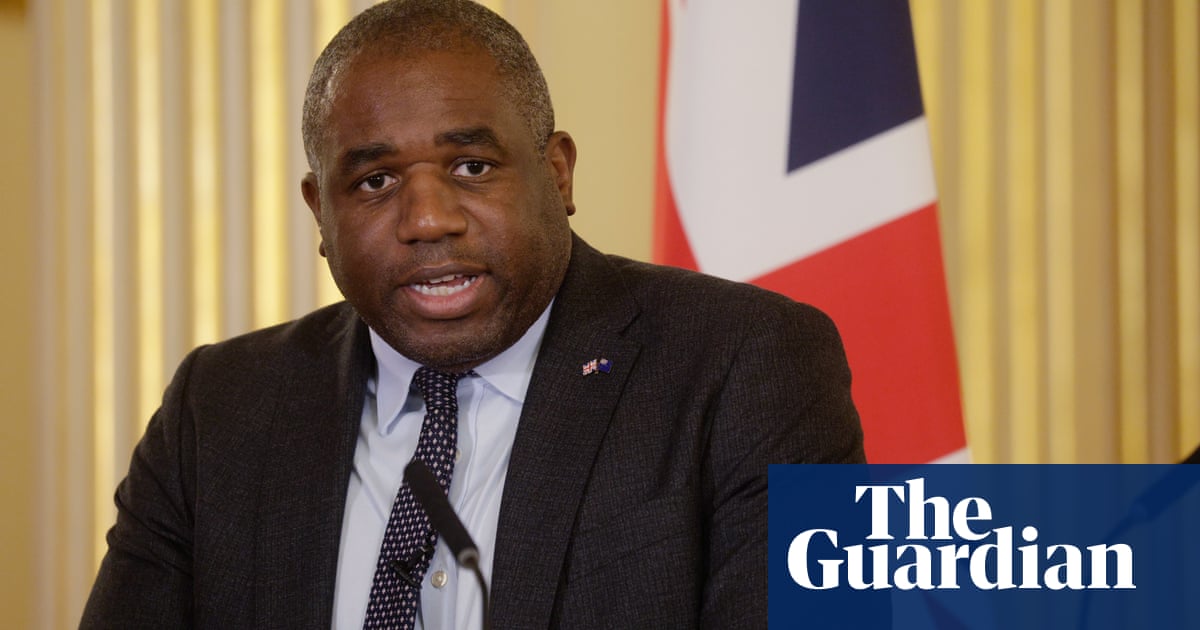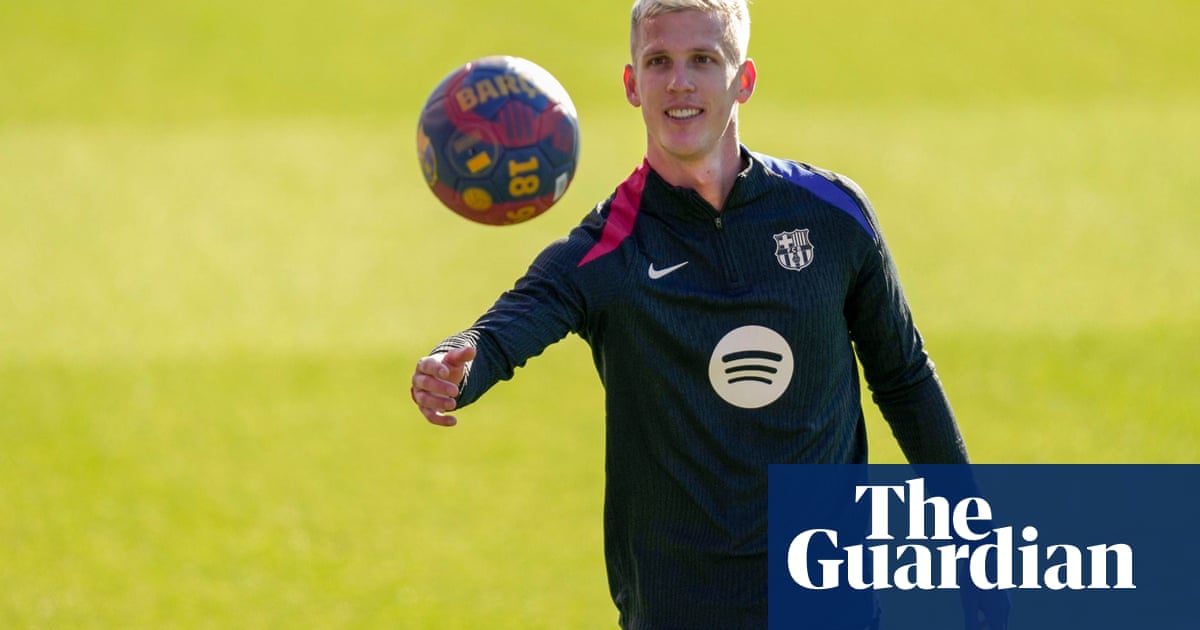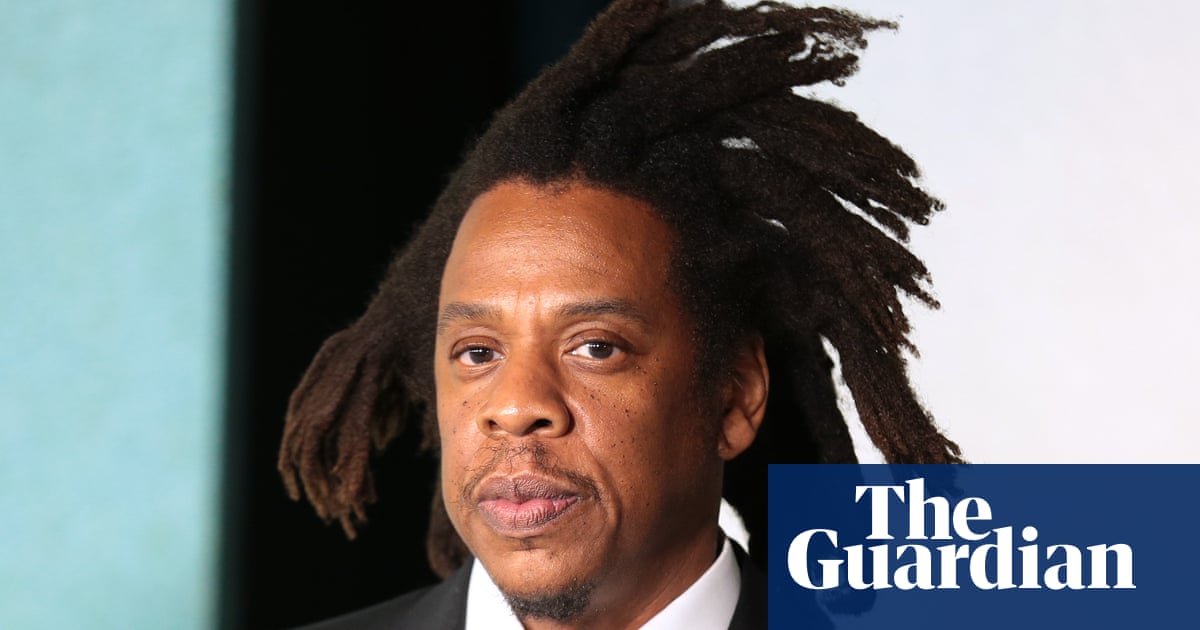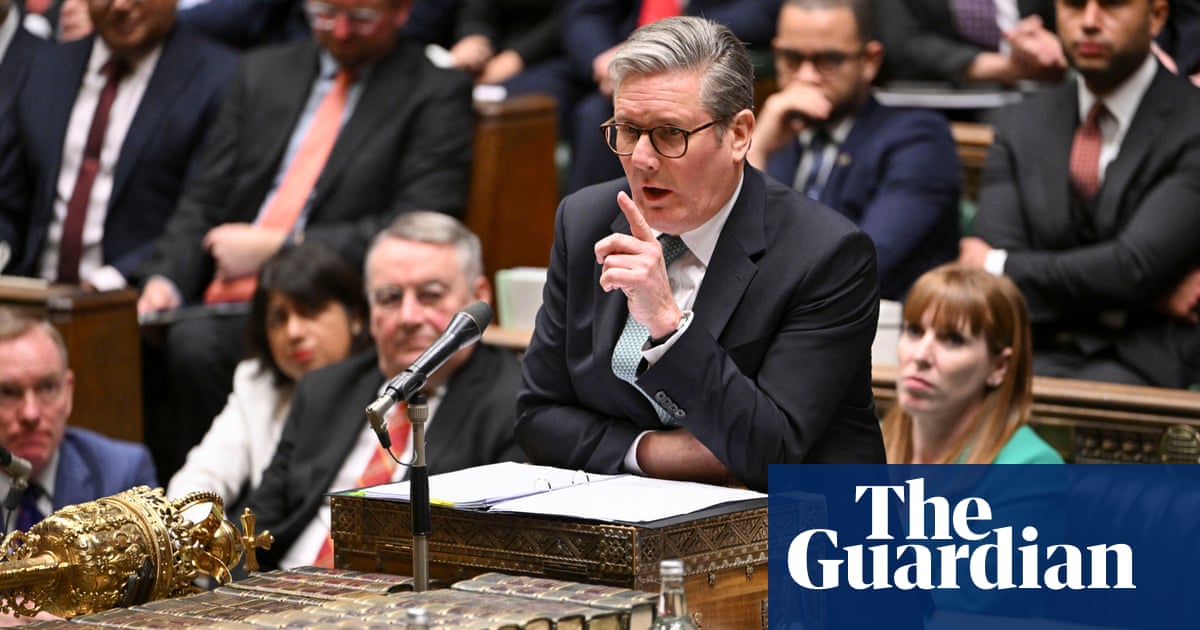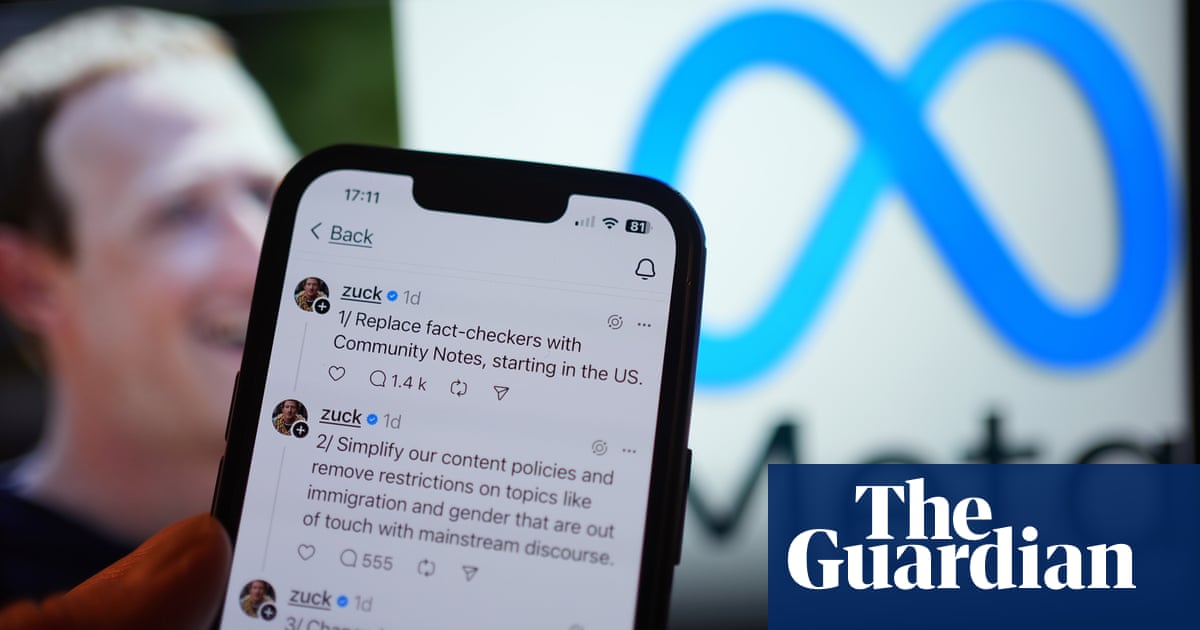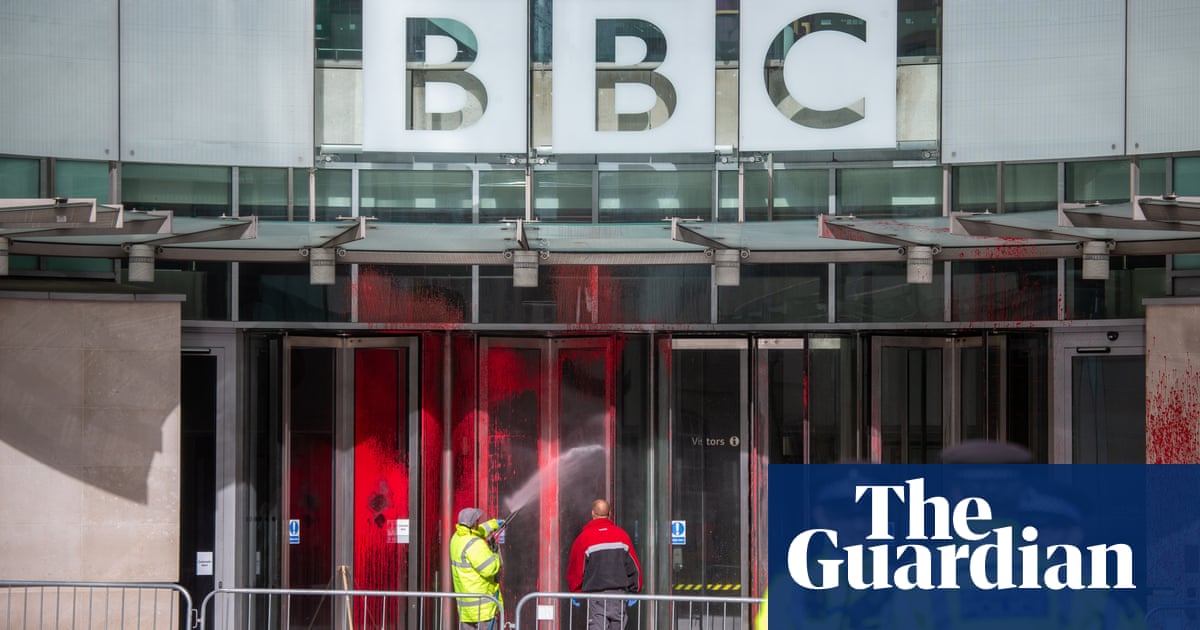Music lawyers are typically mandated to be much less exciting than the artists they represent, but John Kennedy could give most hotel-trashing stars a run for their money. When I speak to him, he’s recently finished up “the worst argument ever” with Bob Geldof, with whom he has worked closely with for four decades on Band Aid. “Our arguments get worse every month. But that’s because he’s so intense and still so passionate. He is unbelievably brilliant.”
Forty years since he was hired, Kennedy still does 25 hours of legal work a month for the Band Aid Charitable Trust, all voluntary. His newly published memoir, Just for One Hour: Moments I Pinched Myself in the Music Industry, takes its title from Geldof’s initial insistence that an hour of legal advice was all it would take. It snowballed from there, through Live Aid, multiple re-recordings of Do They Know It’s Christmas? (with a 40th anniversary version mooted for this year), the Band Aid Charitable Trust and Live 8.
Band Aid Trust has raised £150m since it was founded, but it has also been held up as an example of the worst arrogance of white saviours. I quote Kennedy the 2023 Guardian op-ed by Moky Makura, executive director of Africa No Filter, where she argued, “[Live Aid’s] portrayal of Africa triggered the birth of a patronising industry whose mission it was to ‘save Africa’.”
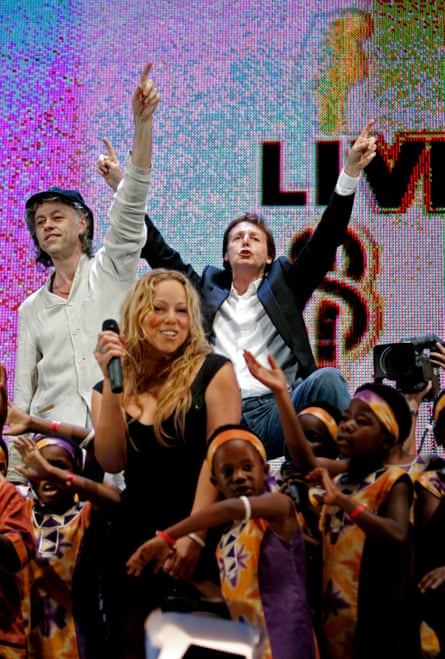
Kennedy describes himself as “the cautious word in [Geldof’s] ear” and insists Geldof is not always the obstinate goat of legend, and deserving of a bit more admiration from the public. “I would ask [Band Aid critics] to give us the benefit of the doubt for what happened at the time […] Mistakes must have been made. But I’d like people to be fairly specific about the mistakes. Are they saying we should have done nothing? Because I think there are millions of people who would disagree with that.”
Kennedy’s career as a music industry lawyer has a number of astonishing moments beyond his Band Aid efforts. “The most underused word in negotiation is ‘no’ – unless you’re John Kennedy,” says Cliff Fluet, a partner at legal firm Lewis Silkin. “John has no hesitation in using the word ‘no’ to great effect. And I’m saying that as an admirer. All of us who came in his wake knew him by reputation, but having negotiated against him as well, he is tough and tenacious.”
In 1989, Kennedy advised Mike Joyce on his legal dispute with Morrissey and Johnny Marr after being assigned just 10% of the royalties for the Smiths’ recordings. He pointed Joyce to the 1890 Partnership Act and Joyce eventually won the case at the Court of appeal in 1998. “If you’re in the band of brothers at the beginning, it should be equal,” he says of the iniquitous terms Joyce was expected to record under.
In his book, Kennedy also recounts how he extracted the Stone Roses from an unfavourable record deal with Zomba/Silvertone in the riskiest manner imaginable. The band were legally unable to sign a new deal until they fully extracted themselves from their Zomba contract. Geffen emerged as frontrunners in a fierce bidding war to sign them, and Kennedy’s high-wire idea was to get the band to sign an agreement saying – with the court case still active – that they would sign a record deal with Geffen if they were victorious. Geffen had offered to bankroll the case, with costs estimated at £300,000, even if the band lost and had to stay with Zomba. Geffen, however, wanted a watertight assurance the Stone Roses would not simply waltz off and sign to another label if they won, leaving Geffen with a huge legal bill but no band.
Signing such an agreement could have put them in breach of the injunction imposed by Zomba, with Kennedy possibly having to offer to go to jail in their stead if the plan imploded. But the band prevailed: they secured a money-spinning deal, Geffen secured a hot new artist, and Kennedy secured his freedom.
Kennedy also crossed the floor, serving as chairman/CEO of Universal Music UK and then president of Universal Music International in the late 1990s and early 2000s. While there, he signed off on UMG’s £3.6m investment in the Mamma Mia! musical, which has been seen by 70 million people to date across various productions – despite an initially frosty meeting with Björn Ulvaeus and Benny Andersson that nearly scuppered all investment talks.

As his memoir has it, Kennedy also squared up to Richard Branson whose Virgin Megastore chain was stalling on paying UMG the £10m it owed for records sold through its shops. Branson at the time was bidding to run the National Lottery and Kennedy casually mentioned he would tell Chris Smith, the culture secretary in charge of Lottery bids, that Virgin was not honouring its debts. “I would have done it if necessary,” says Kennedy of his threat. Branson folded and paid up.
In 2019, Kennedy was able to recover for Richard Ashcroft, an act he co-manages, the rights to the Verve’s eight-times platinum 1997 hit Bitter Sweet Symphony. The song is built around an orchestral version of the Rolling Stones’ The Last Time, and when it was released, the Stones’ notorious former business manager Allen Klein argued the Verve had not cleared the use, which his company ABKCO controlled the rights to. One hundred per cent of the Bitter Sweet Symphony songwriting royalties went to Mick Jagger and Keith Richards – who, you might argue, hardly needed them at that point.
Kennedy admits he would have got nowhere had Klein, who died in 2009, still been alive. His stealth tactic was to appeal to Joyce Smyth, manager of the Rolling Stones, to ask for the rights back from Mick and Keith, but only for future royalties. “That was the genius: if I’d gone for the past royalties, I’d have got absolutely zero,” he says.
“He represented his artists exceedingly well by having an eye for detail,” says Tony Wadsworth, former head of Parlophone Records. As Blur were erupting as a commercial force in the mid 1990s, Kennedy was tasked by the band with renegotiating their Parlophone/EMI contract, seeking to increase their album advances and royalty rates. “But he didn’t feel like it was his job to necessarily, certainly not in this negotiation, beat the living daylights out of the record company. He saw the bigger picture. He knew this was a band that was still building, that we were still investing in. Around that time, there were a lot of lawyers who would like to grandstand and make a drama out of a negotiation. But he was fair. Firm and fair.”
That love of a firm “no” still occasionally means Kennedy comes unstuck, though. “I got hired by a world-famous person about four years ago,” he says. “I said, ‘I’m not sure this is going to work out. You’re surrounded by yes men.’ And they said, ‘That’s why I need you. I need somebody not to be a yes man.’ I was fired four months later. For telling them no.”

.png) 2 months ago
16
2 months ago
16





